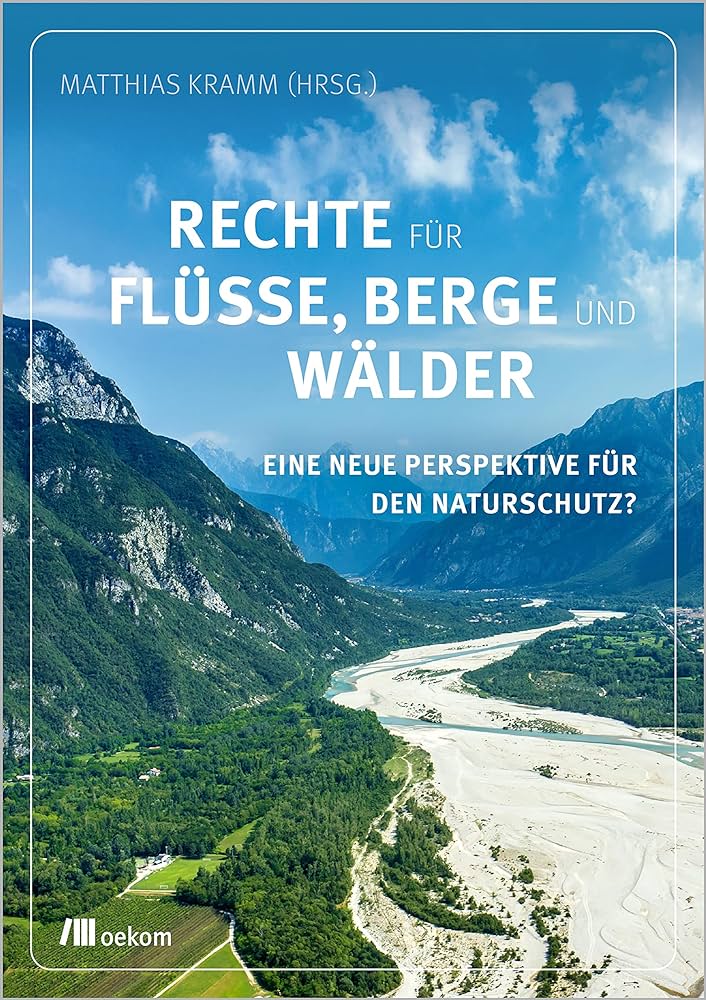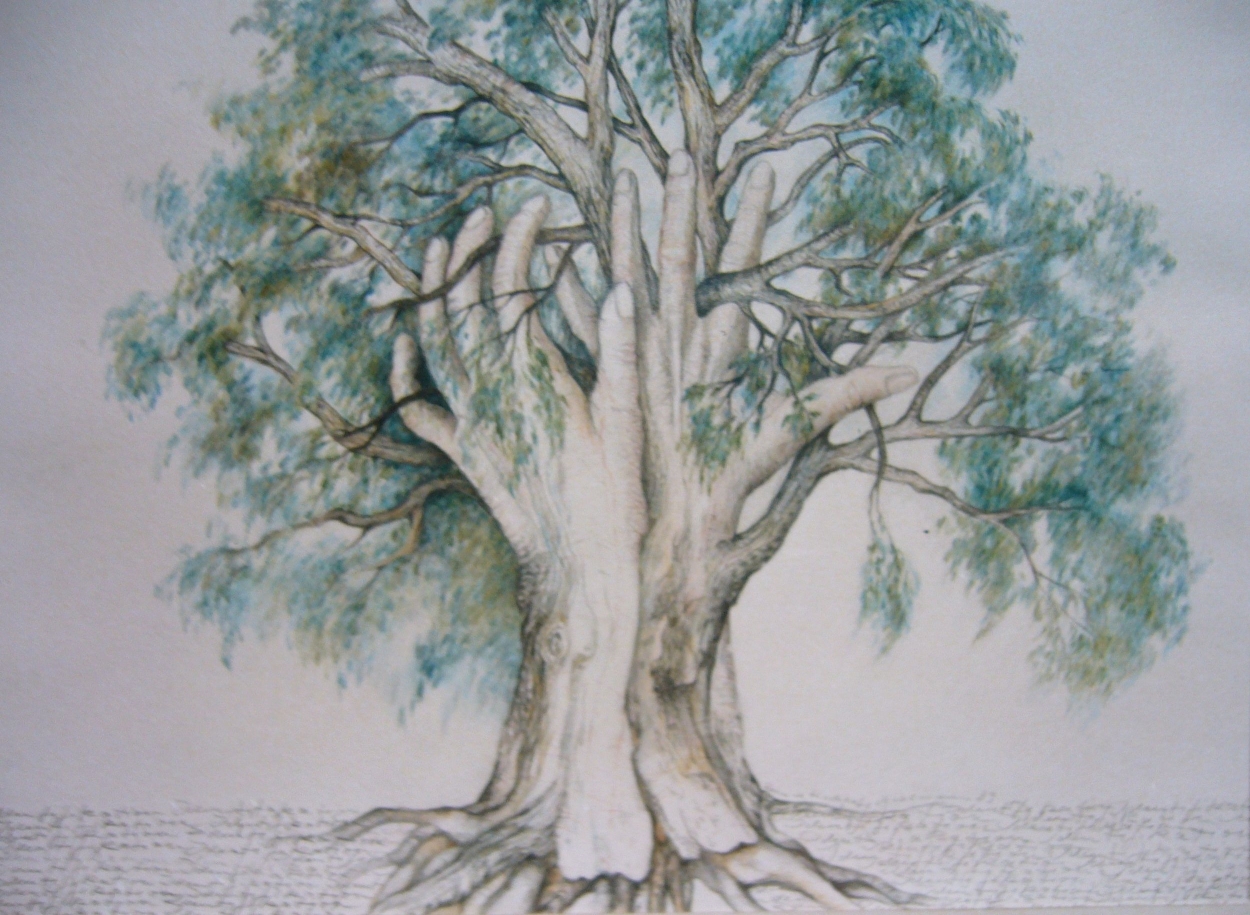* Rechte für Flüsse, Berge und Wälder: Eine neue Perspektive für den Naturschutz
The first part of the book deals with the arguments of the supporters of the Rights of Nature.
A first argument considers the granting of Rights to Nature as a strategy to curb the excessive power of commercial enterprises. In national and international law, business enterprises act as legal entities and therefore have numerous opportunities to assert their interests in court. Giving rights to Nature is therefore seen as a way of defending Nature against profit-seeking commercial enterprises.
A second argument emphasizes the urgency of stable legal structures in the face of rapidly advancing climate change. Endangered parts of Nature could become legal entities and thus be effectively prepared for climate change.
The third argument deals with the Rights of Nature from the perspective of Indigenous peoples. After Western worldviews and market-based systems have contributed to the widespread exploitation of Nature, there is a growing call for a paradigm shift to which Indigenous worldviews could contribute alternative ideas about the relationship between humans and Nature.
The second part of the book discusses the Rights of Nature in Latin America, where they have been incorporated into the constitution and legislation of nation states. In the case of Ecuador, the history of the Rights of Nature is described through numerous court cases.
Ecosystems, also frogs and monkeys, play a crucial role here. A further implementation of the Rights of Nature can be found in the Sarayaku Forest Law, which extends to humans, animals and ecosystems.
In the third part of the book, three further case studies from New Zealand, Spain and Germany raise intriguing questions. Using the Whanganui River in New Zealand as an example, the book examines the struggle of the Indigenous Māori population for their own land rights, which led to a legal revolution in 2017: A river was recognized as a legal entity.
In September 2022, a saltwater lagoon, the Mar Menor, became a legal entity in Spain and thus took on a pioneering role in Europe. An overview provides insights into the background and history of this case, which could be groundbreaking for Europe. In Germany, the compilation ends with numerous initiatives, art events and a petition on the subject of the Rights of Nature. The focus lies on the question of the extent to which the Rights of Nature could also be an alternative for effective environmental protection in German-speaking countries.
In the fourth part of the book, three aspects of legal philosophy are examined. The subchapter “Nature as a legal person” deals with the question of the extent to which Nature can or cannot be regarded as a person. What does it mean to understand Nature as a legal person? And do we need an extended concept of person in order to justify such a legal construction? The second subchapter, “Nature in court”, describes the ways in which Nature can be represented in court. Who may speak on behalf of Nature and why? Can anyone declare themselves a representative of Nature or do they have to meet certain requirements? The third sub-chapter, “Beyond the legal discourse”, presents various alternatives to the concept of rights that are inspired by Indigenous worldviews. Is it sufficient for Nature conservation to simply add a few more rights to the existing ones? Or is it perhaps not just a question of introducing new rights but of rethinking our relationship with Nature in general?
The fifth part of the book finally builds a bridge to the theater. While non-human actors regularly appeared on stage in the early history of theater, they disappeared in the course of history and were increasingly degraded to elements of the scenery. In the Anthropocene, a return to these origins is necessary. Political theater must transform itself and once again become a space for thought and discourse against the disenfranchisement of non-human earth citizens.
This book does not intend to provide definitive answers but to offer a brief and concise introduction to a complex topic. Christopher Stone died in Los Angeles on May 14, 2021 after a long and fulfilling life. But the question he asked his students remains highly topical: what would a world look like in which rivers, mountains, forests and other “natural entities” were declared legal entities? The first steps in this direction can already be seen around the world. Rights of Nature – perhaps also an option for Europe and the German-speaking countries?
“Rechte für Flüsse, Berge und Wälder: Eine neue Perspektive für den Naturschutz?”, Oekom Verlag 2023, ISBN 978-3-98726-039-1
Excerpt from the introductory chapter of Matthias Kramm (editor), with articles by Hans Leo Bader, Riccarda Flemmer, Jenny García Ruales, Andreas Gutmann, Alex Putzer, Frank-M. Raddatz and Jula Zenetti .




